Table of Contents
The Urban Jungle: Understanding Anxiety in a Bustling City
Why Cities Amplify Anxiety: A Psychological Perspective
In the labyrinth of urban life, Chicago stands as a vibrant testament to human achievement, yet, this bustling cityscape often becomes an incubator for anxiety. The psychological dynamics at play within metropolitan environments can be multifaceted and deeply rooted. Urban areas, including Chicago, are characterized by their fast-paced lifestyles, high population density, and constant stimuli, which can overwhelm the senses and significantly elevate stress levels. Experts suggest that the mere presence of numerous individuals in confined spaces can induce feelings of unease and competition, amplifying anxiety symptoms.
The incessant noise from traffic, construction, and social interactions often creates a sensory overload, leading to increased cortisol levels the body’s primary stress hormone. Moreover, the urban experience is intrinsically linked to social dynamics; studies indicate that isolation can paradoxically emerge amid a crowd. While the city offers numerous opportunities for interaction, the superficial nature of many urban relationships may contribute to a sense of alienation. Furthermore, the relentless pursuit of success in a competitive job market can instill perpetual anxiety about financial stability and self-worth, creating a cycle where personal and professional pressures converge to form an overwhelming sense of dread. In understanding these psychological perspectives, it’s essential to recognize that the urban experience isn’t merely about the physical environment but also about the complex social dynamics and individual responses that define our mental health in one of America’s most populous cities.
Invisible Struggles: The Everyday Battle with Urban Stress
While signs of anxiety may not always be visible, many Chicagoans grapple with a silent struggle that permeates everyday life. The challenges presented by urban living are often nuanced, manifesting in various forms that may not be immediately recognizable as anxiety. These might include chronic fatigue, feelings of being overwhelmed, or even physical symptoms like headaches and gastrointestinal issues. Unlike traditional narratives that paint anxiety as a singular, overt confrontation, the reality for many is an insidious, lingering sense of unease that can cloud their day-to-day functioning. One major contributor to this invisible struggle is the relentless rhythm of the city. Chicago’s blend of entertainment, work commitments, and social responsibilities can lead to chronic multitasking, which is not only mentally exhausting but also emotionally depleting.
The pressure to constantly engage and perform at high levels often leaves little room for rest or self-care, which are critical for mental well-being. Individuals may feel trapped in a cycle of ‘busyness,’ where downtime is perceived as unproductive, thereby exacerbating stress levels. Social media plays a significant role as well, often complicating the narrative of anxiety. Chicago’s thriving social scene, showcased through meticulously curated online personas, can create an unrealistic comparison that stokes anxiety. Individuals may feel as though they must keep pace with a lifestyle that seems perpetually out of reach leading to feelings of inadequacy and self-doubt that can feel overwhelming in an already demanding urban environment. Acknowledging these subtle yet profound impacts is essential for understanding the depth of anxiety experienced by many in the city.
Finding Your Ground: How the Environment Shapes Our Emotions
Our environment has a significant influence on our mental health, an aspect often overlooked in the discussion of urban anxiety. In a city as diverse as Chicago, the environment encompasses everything from urban landscapes to social interactions, all of which can shape our emotional states. The phenomenon of “environmental stress” reflects how the city’s design characterized by concrete jungles, crowded public transport, and chaotic streets can foster anxiety. Indeed, studies have shown that certain environmental elements can trigger heightened levels of stress. Conversely, however, Chicago also offers pockets of serenity that can help individuals combat anxiety. Parks like Millennium Park and Lincoln Park provide much-needed green spaces for city dwellers seeking respite from the chaos.
Nature has a healing power that can lower cortisol levels and foster a sense of calm. Moreover, simple practices such as taking walks or engaging in outdoor activities allow individuals to reclaim a sense of control over their surroundings, creating a valuable counter-narrative to the overwhelming urban hustle. Architectural elements also play a role: the juxtaposition of towering skyscrapers with beautiful lakefront views can encourage feelings of awe and openness. Designing personal spaces for comfort through the use of calming colors, plants, and art may also help in creating an emotional sanctuary amidst the urban cacophony. Understanding how the environment shapes emotions is vital in the journey towards managing anxiety and fostering a sense of peace in the heart of the city.
Anxiety Therapy Options in Chicago: Exploring Unique Approaches
Meditation and Mindfulness: Cultivating Calm Amidst Chaos
In recent years, meditation and mindfulness have gained significant traction as effective tools for managing anxiety. Chicagoans are increasingly turning to these age-old practices, recognizing their potential to foster a sense of calm amidst the whirlwind of urban life. Meditation a practice of focused attention, encourages individuals to cultivate awareness of the present moment, diminishing the hold anxiety has over their thoughts and feelings. Mindfulness, in particular, involves paying attention to one’s thoughts and emotions without judgment, allowing individuals to create a space of acceptance and understanding. Numerous centers across Chicago, such as the Chicago Meditation Center and the Shambhala Meditation Center, offer classes and workshops designed for beginners and seasoned practitioners alike. These institutions provide structured environments for individuals to develop their practice while also fostering community support.
Additionally, many therapists in Chicago integrate mindfulness techniques into their treatment modalities, providing tailored strategies that can enhance traditional forms of therapy. This holistic approach acknowledges the interconnectedness of mind, body, and spirit something particularly relevant in the fast-paced urban culture. For those seeking a more self-guided approach, numerous mobile apps and online platforms offer mindfulness training, breathing exercises, and even guided meditations. Resources such as Headspace and Calm have emerged as popular tools, allowing individuals to engage in mindfulness practices at their convenience. As the city continues to adapt to the needs of its residents, the emphasis on nurturing mental wellness through meditation and mindfulness is becoming an integral element in the fight against anxiety.
Nature Therapy: Embracing Chicago’s Green Oases
Nature therapy, also known as ecotherapy, is gaining recognition as a powerful remedy for mental health issues, especially in a bustling city like Chicago. The concept is simple: spending time in nature can profoundly impact psychological well-being. Chicago’s unique geographic location provides residents the opportunity to engage with its many parks, botanical gardens, and waterfront spaces, thereby harnessing the therapeutic effects of nature. Research has consistently shown that exposure to natural environments can enhance mood, reduce stress levels, and improve cognitive function. For example, visiting locations such as the stunning Garfield Park Conservatory or the lush trails of the Chicago Riverwalk allows individuals to escape the urban noise and immerse themselves in greenery.
Nature therapy doesn’t require organized sessions; even a leisurely stroll through one of Chicago’s numerous parks can yield significant mental health benefits. Programs that combine therapy with outdoor experiences are also on the rise. Organizations like Outdoor Mindfulness in Chicago offer guided retreats that incorporate the principles of mindfulness while participants engage in outdoor activities such as hiking, kayaking, and gardening. This integrative model provides a refreshing alternative to conventional therapy, facilitating emotional healing through nature’s embrace. By fostering a deeper connection with the natural world, individuals can find solace amidst urban anxiety, allowing them to truly “breathe easy” in the city.
Creative Therapies: Art, Music, and Movement as Healing Tools
Creative therapies, encompassing art, music, and movement, offer innovative approaches for managing anxiety especially in an urban environment. Chicago is a hub for arts and culture, making it an ideal landscape for exploring these expressive modalities. Engaging in artistic endeavors allows individuals to channel their emotions productively, fostering resilience and healing. Art therapy, for instance, involves utilizing creative processes to promote emotional expression and psychological healing. Local organizations like the Art Therapy Project in Chicago provide programs that encourage participants to explore their feelings through various artistic mediums. This therapeutic avenue transcends the verbal communication often necessary in traditional therapy, eliminating barriers that prevent individuals from articulating their emotional landscapes. Similarly, music therapy has made waves in the realm of mental health. With its profound ability to evoke emotions and enhance mood, music has been shown to alleviate anxiety symptoms effectively.
Chicago’s vibrant music scene offers numerous opportunities to participate in group music-making or listen to live performances, both of which foster connection and joy. Therapists often incorporate music into sessions, and programs such as the Chicago Music Therapy Center make this healing modality accessible to those in need. Movement-based therapies, including yoga and dance, are also essential tools in managing anxiety. Through the careful integration of breath and movement, individuals can release tension stored in the body, leading to enhanced relaxation and clarity. Studios across Chicago cater to a diverse array of movement modalities, inviting individuals to partake in classes that resonate with their comfort and preferences. The creative therapies available in Chicago not only serve as innovative methods of coping with anxiety but also create a sense of community and belonging that is vital for recovery.
Finding the Right Therapist: A Guide to Mental Health Professionals in Chicago
Questions to Ask: Navigating the Therapeutic Relationship
Embarking on the journey to find the right therapist in Chicago can feel overwhelming. With a myriad of mental health professionals available, it’s essential to navigate this process with clarity and intention. One fundamental step is asking the right questions to discern whether a therapist is the right fit for you. If you’re seeking anxiety therapy in Chicago, it’s important to inquire about a therapist’s approach to treating anxiety disorders, as different professionals may integrate various modalities—such as cognitive-behavioral therapy, psychodynamic approaches, or mindfulness practices—into their sessions. This inquiry enables individuals to align their personal preferences with therapeutic practices, ensuring a more harmonious therapeutic alliance. Additionally, understanding a therapist’s specific experience with anxiety can significantly enhance treatment efficacy.
Many professionals specialize in different aspects of mental health, so identifying their particular focus can help guide your decision. Asking questions like “What strategies do you employ for clients dealing with anxiety?” and “Can you describe a success story?” can provide valuable insights into their methods and overall philosophy. Furthermore, assessing practical factors such as fees, appointment availability, and insurance acceptance will help streamline the decision-making process. Ultimately, establishing a therapeutic relationship built on trust and comfort is critical for progress. As you evaluate potential therapists, consider your feelings during consultations—do you feel safe and understood? A good therapist will not only provide guidance but also create a supportive space for vulnerability and healing.
Evaluating Credentials: More than Just Degrees on the Wall
While it may be tempting to rely solely on a therapist’s credentials, it’s crucial to look deeper than the degrees hanging on the wall. In Chicago, the landscape of mental health professionals includes licensed clinical psychologists, licensed professional counselors, social workers, and psychiatrists, each with distinct training paths and expertise. Beyond formal education, however, considering a therapist’s practical experience, special certifications, and ongoing professional development can significantly impact their effectiveness. When reviewing credentials, look for licenses and certifications relevant to your specific needs. For instance, a therapist specializing in anxiety treatment may have additional training in evidence-based interventions such as dialectical behavior therapy (DBT) or exposure therapy.
Furthermore, many professionals engage in continuous learning through workshops and seminars, enhancing their skill sets with the latest methodologies. Inquiries about a therapist’s continued education can elucidate their commitment to providing comprehensive care. Additionally, seek feedback from peers or online platforms that offer reviews of therapists in Chicago. Websites such as Psychology Today and TherapyDen allow clients to read about others’ experiences, providing insight into a therapist’s effectiveness and approach. Ultimately, while credentials serve as an essential benchmark, the therapist’s ability to connect with and support you on your journey is equally significant, if not more so.
Specialization Matters: Matching Therapy Styles with Personal Needs
Finding a therapist who specializes in your particular struggles is imperative for successful treatment. Anxiety can manifest in various forms generalized anxiety disorder, social anxiety, panic disorders, and phobias making it crucial to identify a practitioner experienced in addressing these specific issues. In the context of Chicago, mental health professionals often list their specialties, allowing you to filter options based on your needs effectively. It’s valuable to consider the therapy styles deployed by different practitioners. For instance, those who lean towards cognitive-behavioral therapy may focus on restructuring negative thought patterns, while others may incorporate somatic therapy principles, emphasizing body awareness.
Tailoring your selection to match your comfort and style not only fosters better engagement but also enhances motivation toward healing. Moreover, geographical factors can also play a role in therapy selection. Various neighborhoods in the city may cater to distinct communities with specific cultural nuances that influence mental health. Finding a therapist who understands your context can help bridge gaps in communication and facilitate a more impactful healing process. Chicago offers a rich tapestry of therapeutic options; understanding your personal needs and aligning them with a therapist’s specialization is a critical step in addressing anxiety effectively.
Community and Connection: Building a Support Network in the City
The Power of Group Therapy: Strength in Shared Stories
The sense of community can be incredibly healing, especially in a sprawling city like Chicago. Group therapy serves as a transformative tool where individuals confront their anxiety in a supportive setting. These therapeutic group sessions provide a unique opportunity for participants to share experiences, learn coping strategies, and realize they are not alone in their struggle. Research indicates that group therapy can lead to significant improvements in mental health outcomes. Participants often describe feelings of validation and empowerment as they connect with others facing similar challenges.
In a city bustling with life, finding a sense of belonging through shared stories can be profoundly reassuring, helping individuals process their emotions while developing meaningful connections. Various mental health organizations throughout Chicago offer group sessions tailored to specific issues, making it easier for individuals to find groups that resonate with their experiences. In addition, support groups dedicated to anxiety can offer a non-therapeutic avenue for connection, where participants can share tips, resources, and emotional support without the pressure of structured therapy. Many community centers and nonprofit organizations host such gatherings, providing a low-cost or free opportunity for individuals to connect and heal collaboratively.
Connecting Through Culture: How Chicago’s Diversity Enriches Healing
Chicago is a melting pot of cultures, and this rich diversity can significantly influence the mental health landscape. For many individuals, finding a therapist who shares their cultural background or speaks their language can foster deeper trust and understanding within the therapeutic relationship. Connection through culture can facilitate better communication, enhance relatability, and ultimately lead to more effective therapy outcomes. Numerous community mental health organizations in Chicago prioritize cultural competency in their care. Practitioners trained in cultural sensitivity acknowledge how factors such as ethnicity, race, and socioeconomic status can influence an individual’s experience of anxiety.
Therapists with this understanding are more equipped to tailor their approaches to align with cultural values and beliefs, thereby enriching the healing journey. Moreover, community-driven initiatives that celebrate culture and mindfulness are blossoming across the city. Programs rooted in cultural practices such as traditional healing methods, storytelling, and communal gatherings offer additional layers of support for individuals struggling with anxiety. These culturally-inclusive practices not only elevate individual narratives but also weave collective stories that validate and empower communities in their healing journeys.
Local Resources: Hotspots for Support and Engagement
As individuals navigate their mental health journeys in Chicago, a wealth of local resources exists to provide crucial support and engagement opportunities. Numerous mental health clinics, community centers, and hospitals offer comprehensive services tailored to those facing anxiety. Organizations such as the Chicago Department of Public Health provide information and resources for individuals seeking mental health care in the city. In addition, various nonprofits focus on promoting mental wellness and community engagement. The Chicago Mental Health Movement is dedicated to reducing the stigma surrounding mental health issues through awareness campaigns and resource distribution, ensuring that individuals know where to seek help. Similarly, group initiatives like NAMI Chicago offer support for those impacted by mental health conditions, featuring peer-led support groups, educational programs, and advocacy.
For those seeking recreational activities that promote mental wellness, projects such as Chicago’s parks programs offer inclusive events, including yoga classes, meditation workshops, and nature walks. These communal activities encourage individuals to connect with their environment and foster relationships in a non-therapeutic setting. Such resources exemplify how Chicago embraces a multifaceted approach toward mental health, ensuring that individuals have ample opportunities to seek help, connect, and grow amidst the urban landscape. In conclusion, navigating anxiety within the urban environment of Chicago requires a multi-dimensional approach encompassing therapy, community connection, and self-exploration. By understanding the nuances of anxiety in a bustling city and recognizing the available therapeutic options and support systems, individuals can embark on a transformative journey towards healing and resilience. With holistic resources at their disposal, Chicagoans are empowered to confront their struggles, cultivate peace, and ultimately thrive in the heart of their vibrant city.




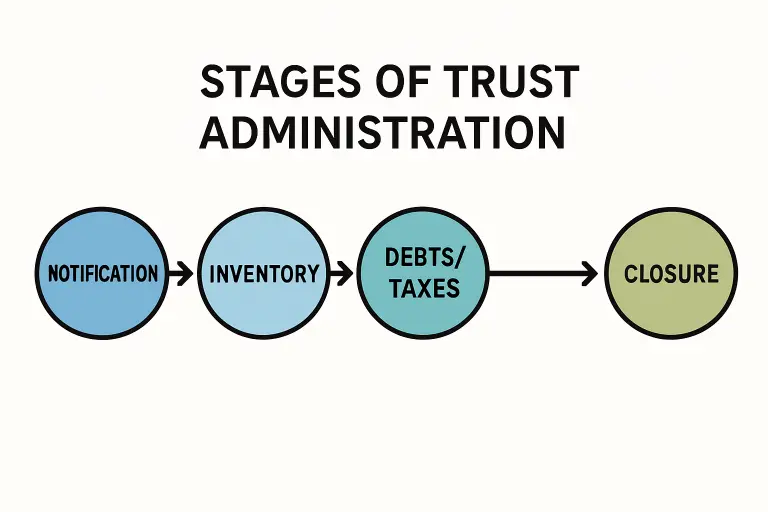


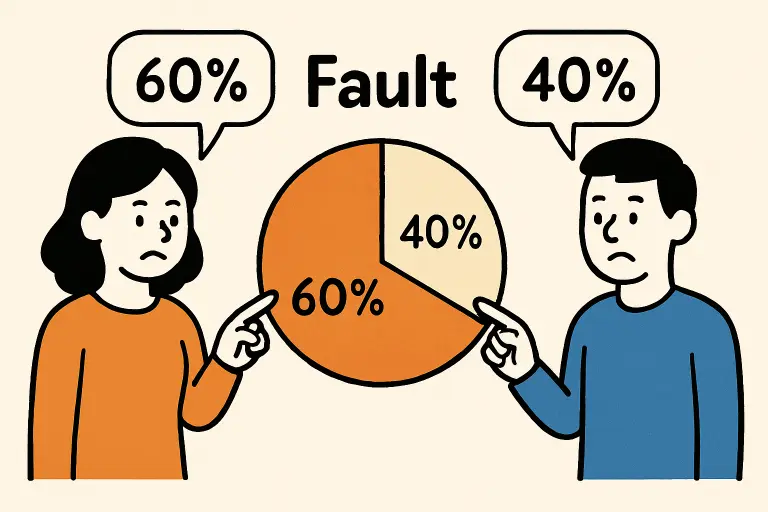
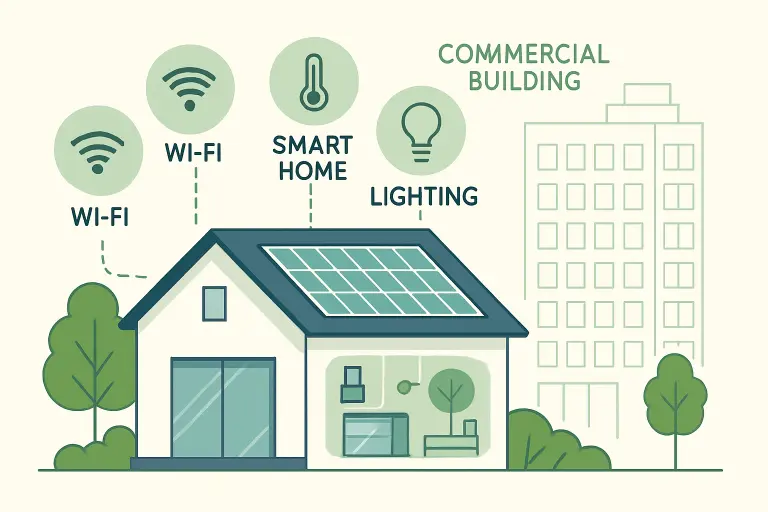







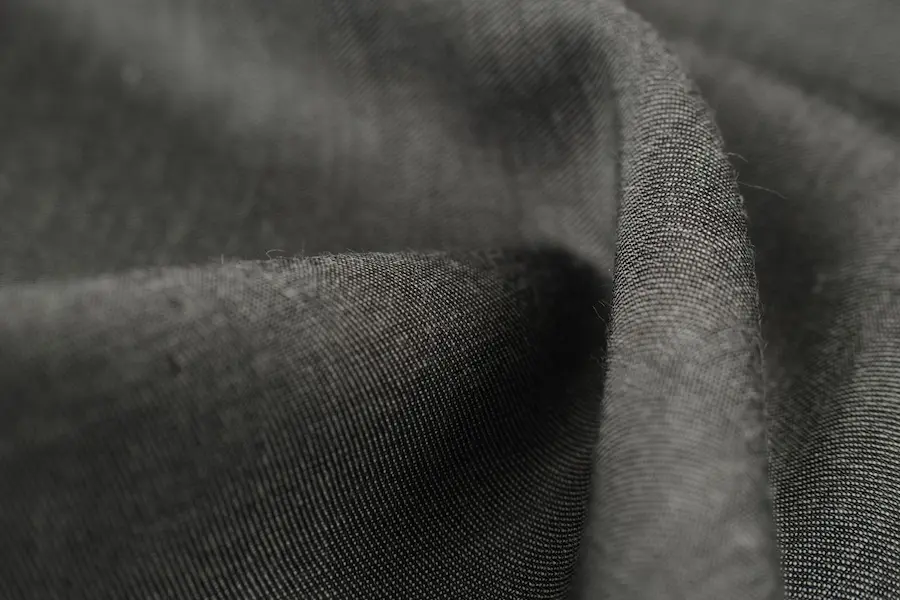


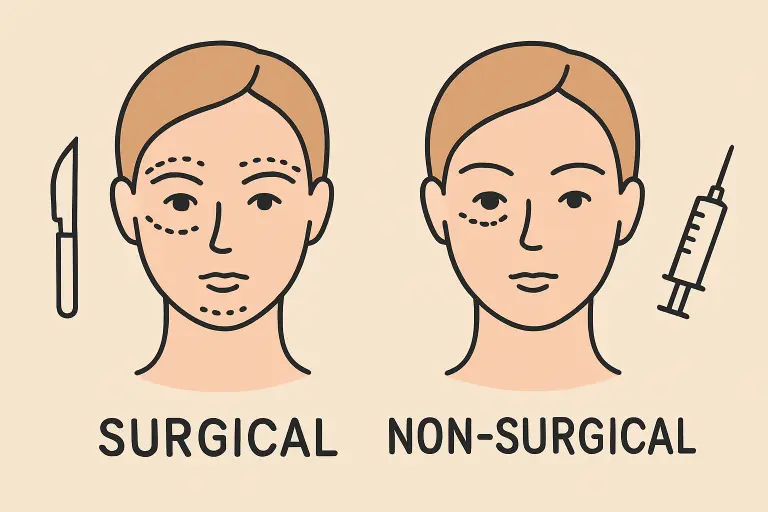



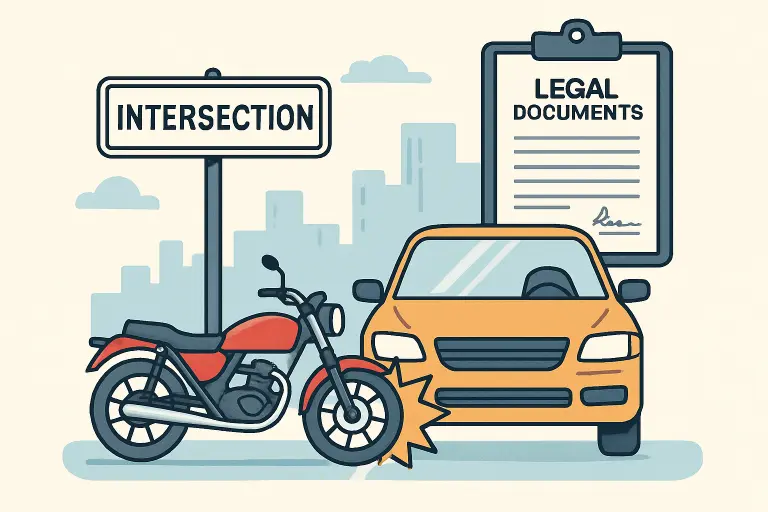









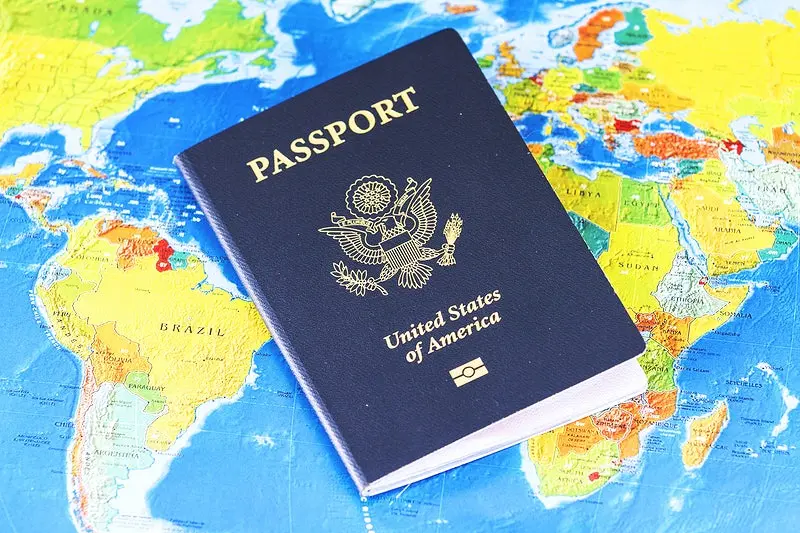


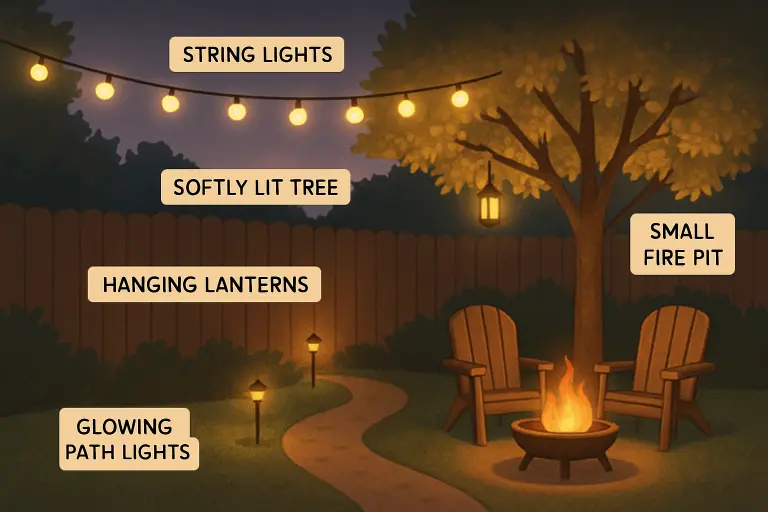


























































































































































































































































































































































































































































































































































































































































































































































































































































































































































































































































































































































































































0